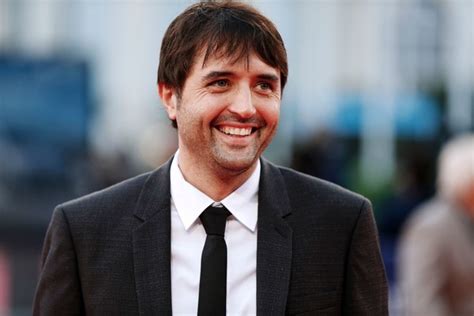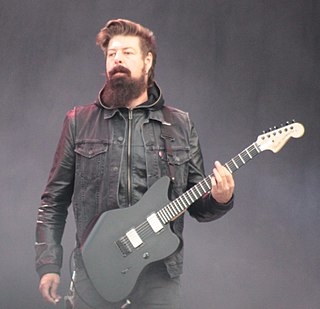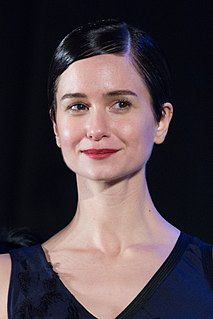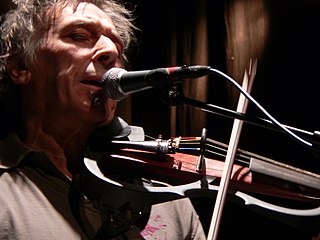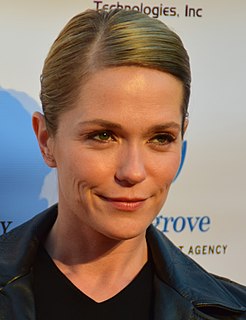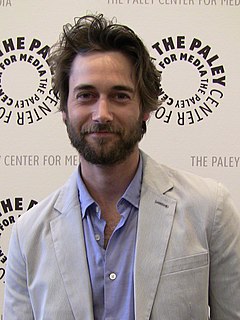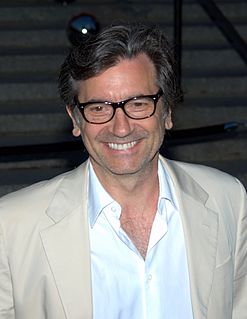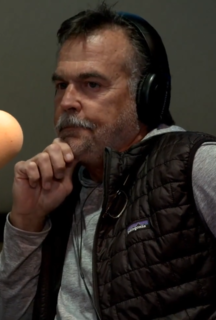A Quote by Andrew Neel
I don't call myself an 'independent filmmaker'. Either a concept works within a studio system or it doesn't. If it does then you should try to get a studio budget so that you can use all of the tools they have to get what you want. If it doesn't then you look elsewhere, or make it yourself.
Related Quotes
There's a lot of discussion about whether you should be a good live band or a good studio band. I think you can use the studio to make a great "studio record" and not necessarily have to reproduce exactly that on stage, but still be a great "live band." Having said that, if what you're going for is just the raw capture of your live sound, then that's cool, too - go for it! I enjoy working in the studio, though, and while I try to get near to an approximation of what's going on onstage, it's not my first priority usually.
I don't want to be a basket case on set. I try to sort of quiet all of that, all those thoughts, kinda just let yourself be aware of them when you're preparing to do the work but then once you get there you have to feel as free as possible. Anything that I perceived as something that ran the risk of stressing me out, I just left outside the studio doors because I didn't want to undermine myself.
As soon as you start making a film that's expensive then the studio wants total control over all elements of it because they want to get all their money back. If you make a smaller film you can try a lot more things because you can have control over it and not just be a hired director. The lower the budget the more freedom you have.
I write in the studio, I don't sit around with a piano or a guitar and write songs. I get satisfaction out of that because I can finish the song really quickly. I can use whatever momentum I have. I've got to put it down, develop it, and get it as far [as I can], because the excitement of the moment of when you get that idea - you want to try and hold it and build on it and really gain strength from it. Being in the studio and writing songs like that is really the best way.
My teachers believe that the creative producer's job is to service the vision of the director, to stay within schedule and budget, and to get the studio what they need, but you work for the director to get their vision on the screen. That's not how everyone approaches producing, but it is certainly how directors like you to approach producing. How I was brought up is that my job is to help you make the movie you want to make.
All I've learned is that you need the studio system sometimes, if your budget is a certain size, and other films you can do independently. When I think of a studio, I generally think of distribution. Since I'm a director, I have a similar creative experience on every film I do, because I can control that. But then it's a different film, I think, as it reaches the public, depending on the way it's marketed. I don't know. I haven't learned much of anything. Sometimes you need them, sometimes you don't. Sometimes they want you, most of the time they don't.
For me, between "Reference" and "Sketching & Conceptualizing" is the "Get the Hell Out of the Studio" step. I most often NEED to shut off the computer, push myself back from my desk and escape the studio space to let possible ideas percolate in my gray matter before committing anything to paper or digital imagery as a sketch or a concept.
